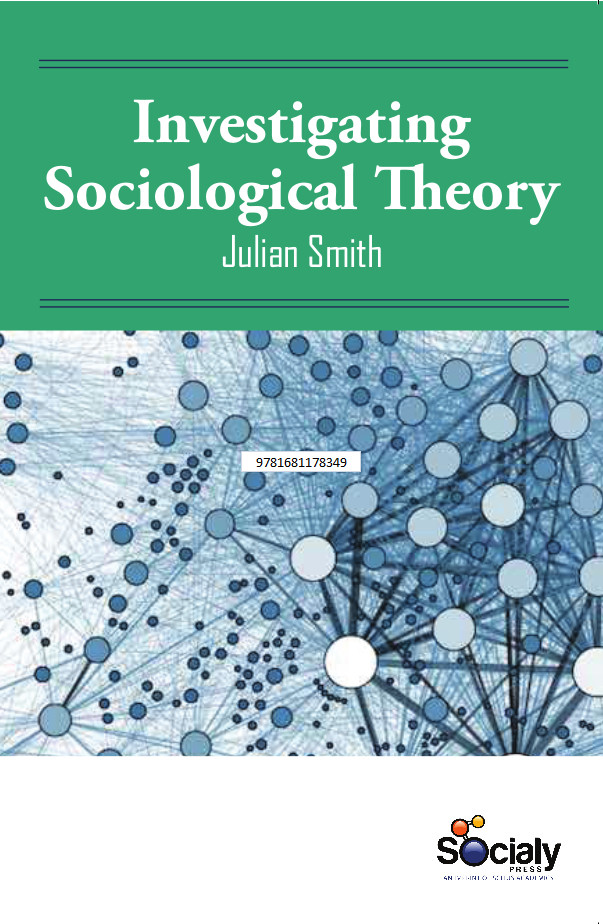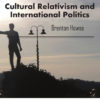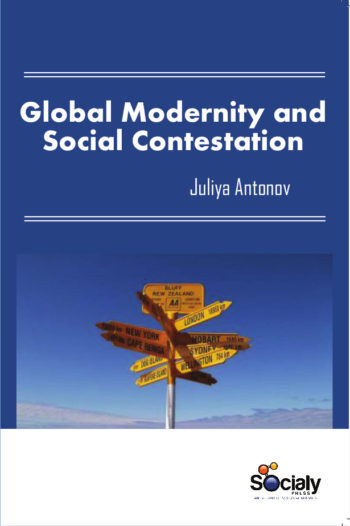A theory is a set of interrelated concepts, definitions, and propositions that explains or predicts events or situations by specifying relations among variables. A sociological theory is a set of ideas that provides an explanation for human society. Sociology as an academic discipline emerged in the later part of the nineteenth century. From the beginning, it attempted to define itself against other forms of explanation, including other types of social theory. Sociological theory emerges out of attempts to provide explanatory frameworks that link specific aspects of the social world to larger processes, thus helping us to contextualize them and to understand them. Just like chemistry tests information about the composition of chemical elements and physics explains how magnets work, sociological theories have a distinct contribution to human knowledge. Sociologists focus on how a society is structured, how each and every individual works as part of the whole, how society has changed over the years and predictions of future changes. In other words, sociological theories help people understand society and knowledge of the world as it grows. However, sociological theory has been and continues to be influenced by the numerous strands of thought in other social and human sciences. It responds, as it always has done, to profound, ongoing transformation in the social, political and economic arrangements of the world.
Investigating Sociological Theory presents studies with an opportunity to discuss the big questions in theory, history, social order, and social change. It is not possible to make decisions affecting a certain community without deep knowledge of its structure, as miscalculated decisions can have a severe impact on people’s lives. Confronting a problem, such as high criminal rates, indulge drinking and social discrimination, entails decision makers to know what exactly the problem is and its causes. Sociological theories provide an insight on such issues, making it easier and safer for elected representatives to find solutions to social problems. This Book will be of interest to students and instructors to understand sociological theory from the inside.













